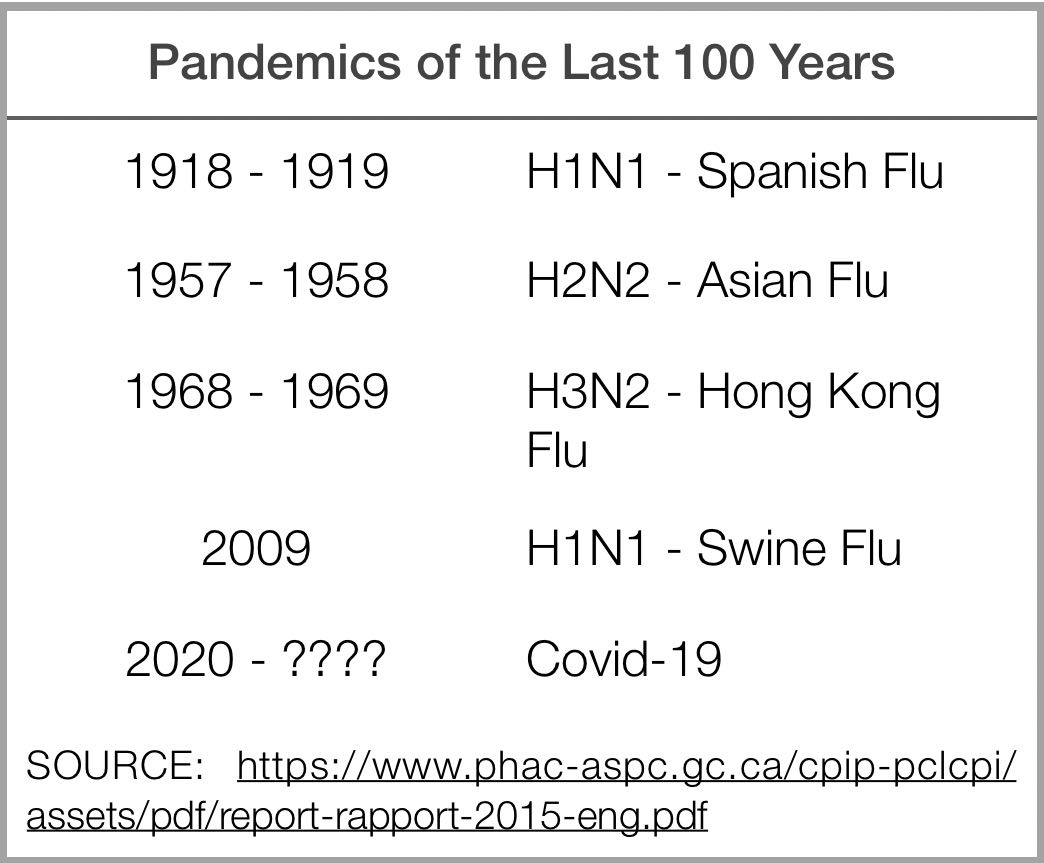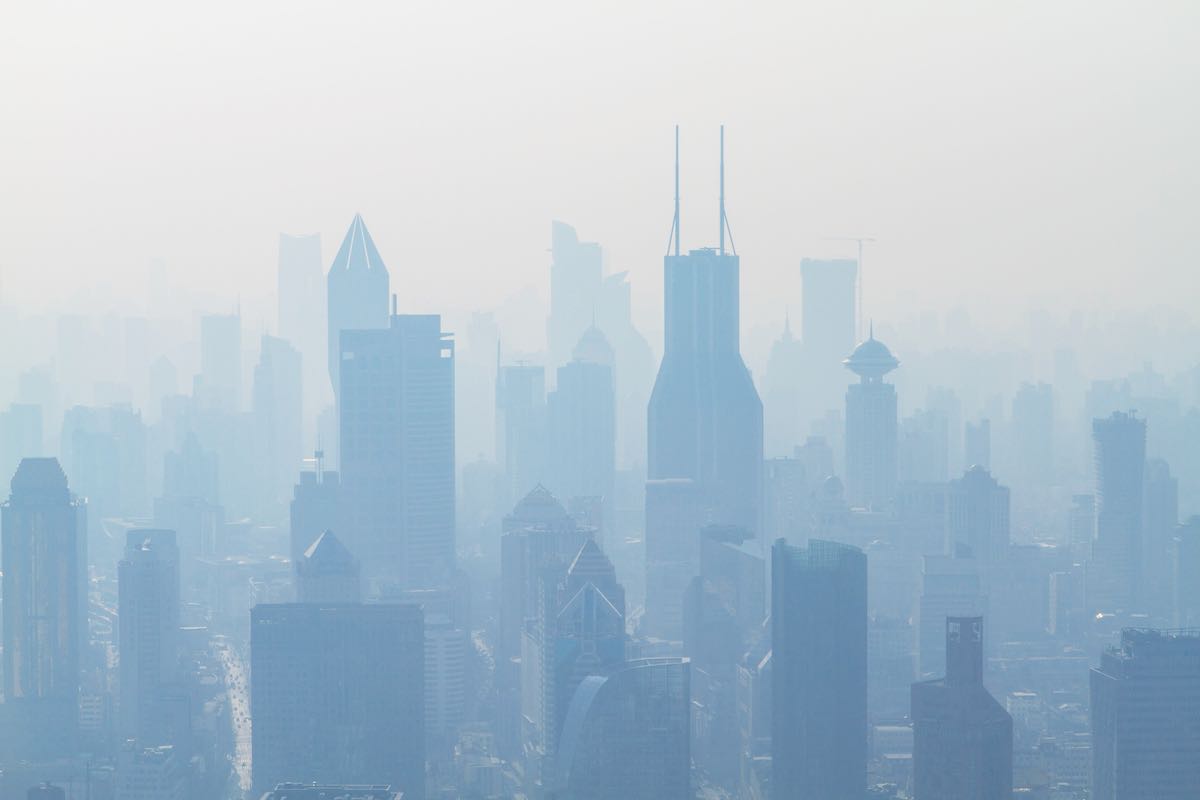National Emergency Preparedness, Issue 8

Over the last six weeks, I have lost track of the number of reactive government programs that have been put in place and the billions of dollars that have been committed to support businesses and individuals because of the Covid-19 pandemic. This is not a “Canada Only” phenomena as governments everywhere try to stabilize their economies. Given the general level of unpreparedness of countries around the world to deal with this crisis, I am not sure that there was an alternative response.
I am sure that some programs will be highly successful, some will miss the mark completely, others partially, and others will be counterproductive. There will be a tendency to judge governments on the varying degrees of success or the outright waste of these rapidly constructed programs but the real failure has been the lack of comprehensive planning for an event such as the Coronavirus. There were plans for dealing with pandemics for the healthcare systems. Examples include Canada’s Canadian Pandemic Influenza Preparedness: Planning Guidance for the Health Sector” published by the Pan-Canadian Public Health Network in 2015. The US Department of Health and Human Services published the Pandemic Influenza Plan in November 2005 and it published the 2009 H1N1 Influenza Improvement Plan. https://www.politico.com/news/magazine/2020/04/11/america-two-decade-failure-prepare-coronavirus-179574 In 2017 the Obama transition team warned the incoming administration to prepare for the worst pandemic since 1918 and provided the new White House team with a detailed 69-page playbook setting out priorities. https://www.politico.com/news/2020/03/16/trump-inauguration-warning-scenario-pandemic-132797?cid=apn
The failure of the US to recognize the seriousness of Covid-19 and to implement its own game plans is well documented. Other governments were slow to recognize the threat of serious pandemic but for the most part have followed their pre-established guidelines for dealing with a health crisis. It may be argued that if the coronavirus had been taken seriously quickly enough and if there had been rigorous application of established methodologies that we could have avoided the current economic carnage. Regardless, it should be incumbent on governments to look at the impact that a pandemic could have on the day-to-day activities of people and businesses for a protracted period and to have planned for the possibility. This kind of planning doesn’t happen as governments lurch from news cycle to news cycle, election to election. Governments don’t get elected because they have a great plan in the event of pandemic or any other kind of crisis, they get elected by cutting taxes.
Businesses share responsibility for crisis planning but are generally guilty of a failure to plan for the long term as there has been much more reward in focussing on quarterly numbers such as revenues, earnings per share, dividends / distributions, and cost management all of which drive share value. There has been little currency in developing corporate resilience and pandemic preparedness. Also, individuals have to assume some responsibility for readiness. Unfortunately many families live paycheque to paycheque and there is not a lot of room to build up basic reserves of household necessities such as food basics and even toilet paper so that there is no panic if there is an ice storm or they are confined to their homes. Savings are at an all time low and household debt is at all time highs. “The debt-to-income ratio, now hovering near a record high of 177. That means Canadians owe $1.77 for every dollar of disposable income.” https://www.thestar.com/politics/political-opinion/2019/11/30/should-canada-be-worried-about-record-consumer-debt.html
The current pandemic was foreseeable:
- As noted above, the Obama administration the incoming administration of the probability of the worst pandemic since 1918.
- So it’s fair to say about the next flu pandemic that “it’s not if, but when.” Center for Infectious Disease Research and Policy – 2007 https://www.cidrap.umn.edu/news-perspective/2007/02/severe-pandemic-not-overdue-its-not-when-if
- Few doubt that major epidemics and pandemics will strike again and few would argue that the world is adequately prepared. Since the 2013–2016 Ebola virus disease outbreak in western Africa, the United States National Academy of Medicine and several other groups have pointed to gaps, and the need for greater investment, in preparation against epidemics and pandemics, of Ebola virus disease and other infectious diseases. https://www.who.int/bulletin/volumes/96/2/17-199588.pdf
- Bill Gates has been warning of a global pandemic for over five years and argued that the world was unprepared to deal with one. https://www.npr.org/sections/coronavirus-live-updates/2020/04/09/831174885/bill-gates-who-has-warned-about-pandemics-for-years-on-the-response-so-far
These warnings did not pierce general public consciousness, perhaps because we have come to believe that health sciences have made us invincible. Nobody envisioned the massive shutdowns, quarantines, and confinements we are suffering through and as a result, countries were left without any real economic plan to manage the consequences of Covid 19. Now all we can do is react to soften the consequences of this pandemic but it is the right moment to start planning for the next major interruption caused by yet another pandemic or another form of disaster.
Shop local, support local businesses, buy from local farms, and support local artisans and manufacturers. And, as always, wash your hands, practice social distancing, hydrate, and exercise!





